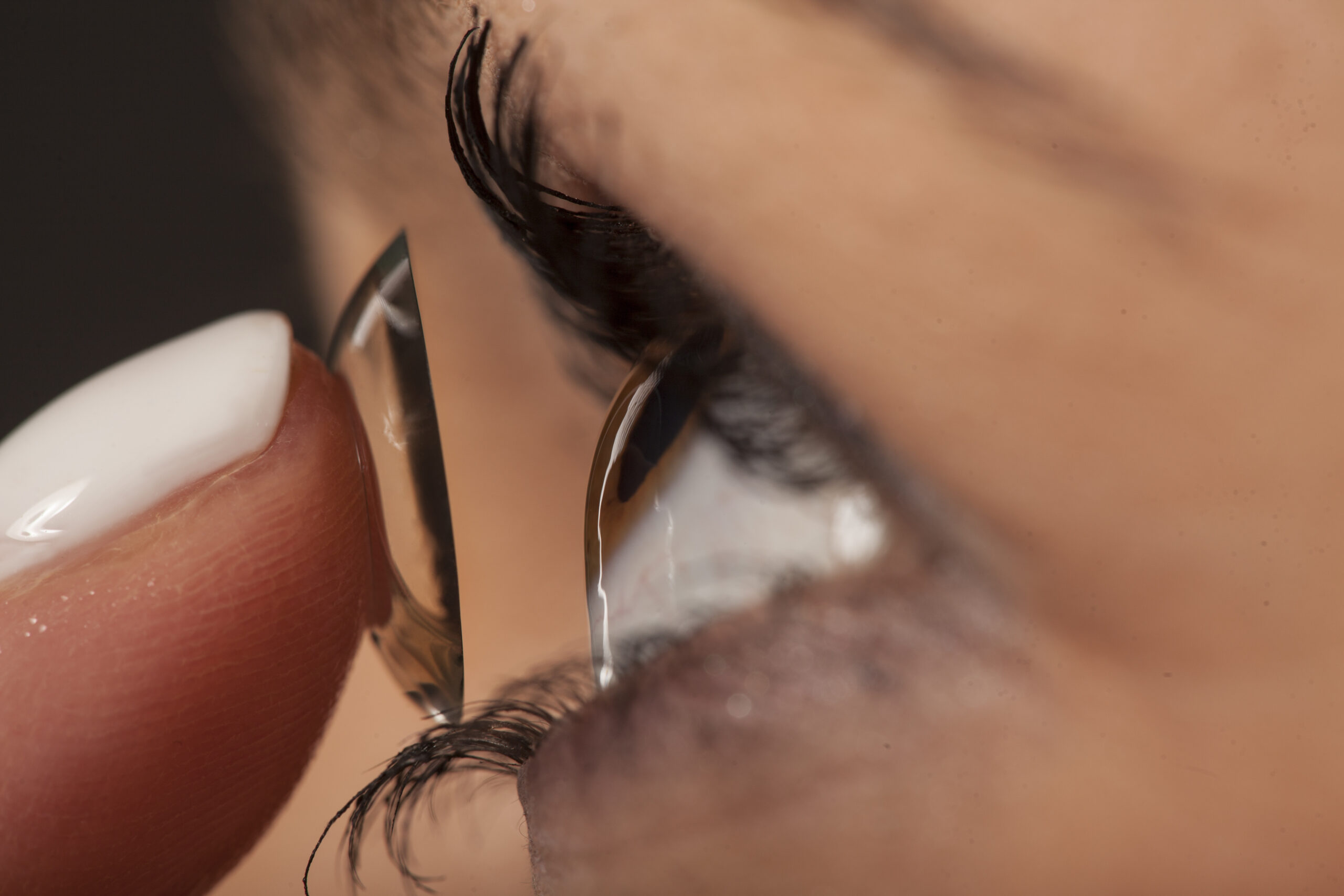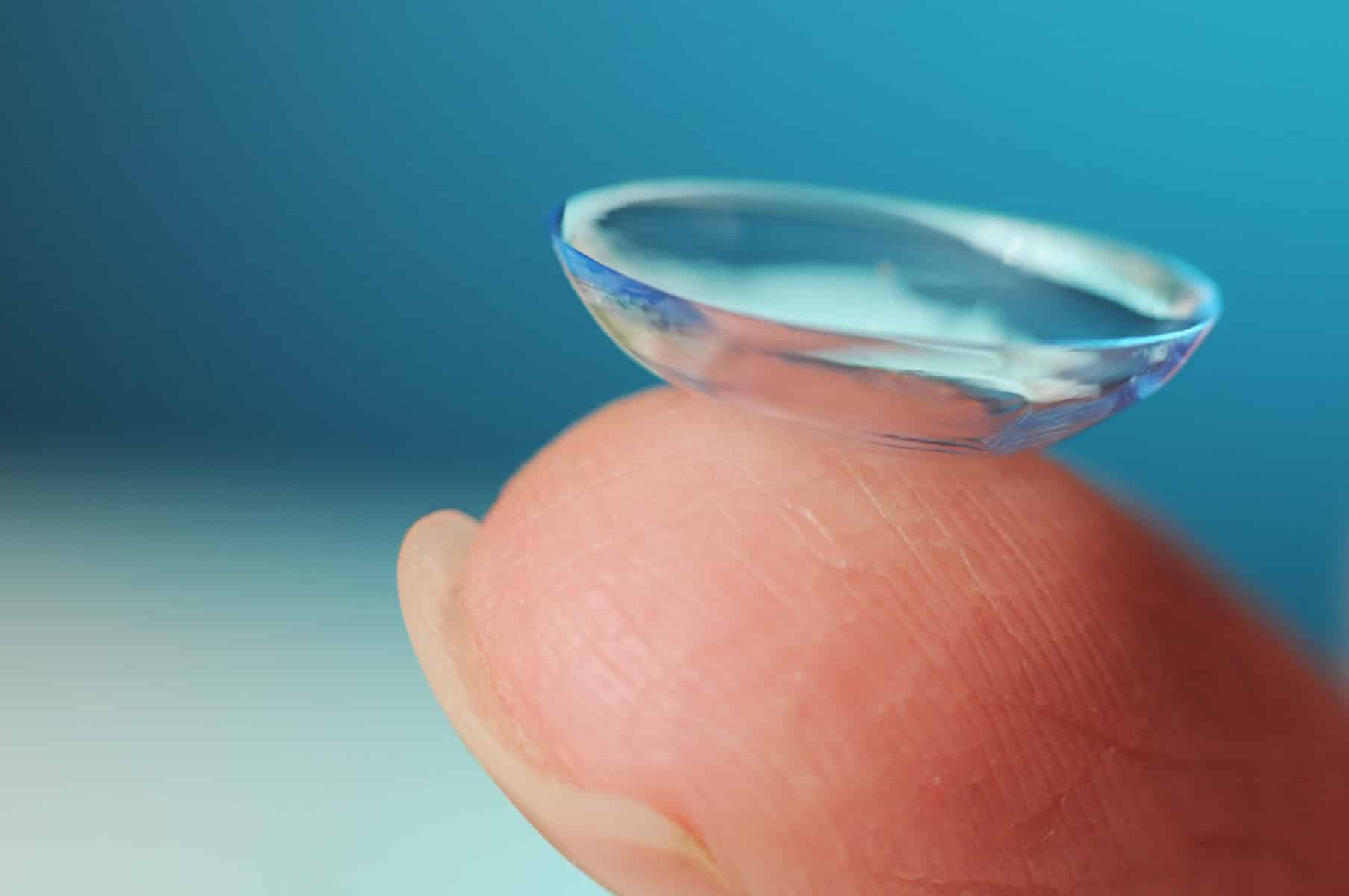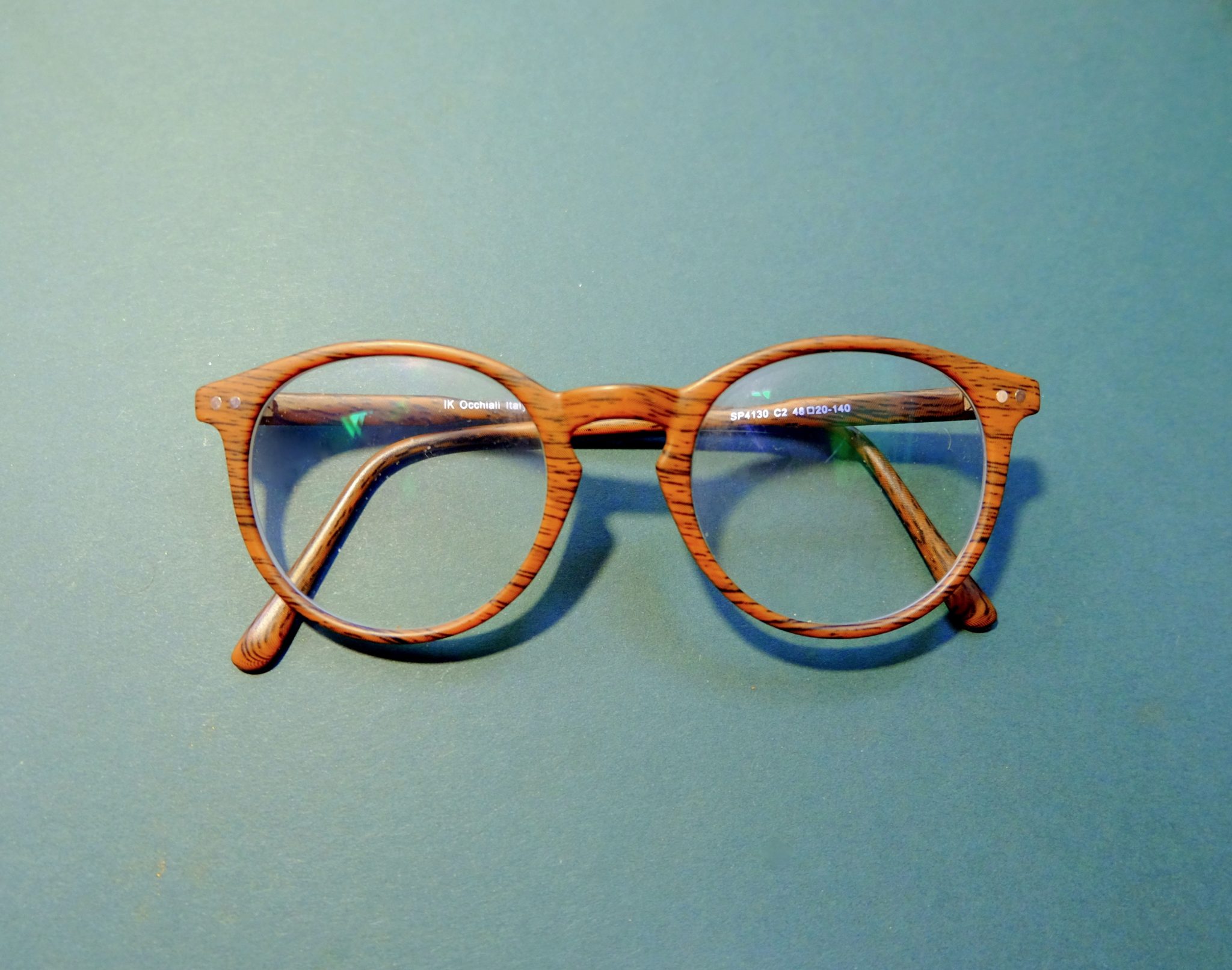Are you struggling with a medical condition that affects your vision? Corrective contact lenses can provide a solution to restore your clear vision and improve your quality of life.
Many people with medical conditions experience visual impairments that can make everyday tasks difficult. Corrective contact lenses are specially designed to address these impairments and help you see clearly again.
Corrective contact lenses can treat a range of medical conditions, including:
- Myopia (nearsightedness)
- Hyperopia (farsightedness)
- Astigmatism (blurred vision at all distances)
- Presbyopia (age-related difficulty reading)
- Keratoconus (a progressive eye condition that causes the cornea to become thin and cone-shaped)
Corrective contact lenses come in a variety of types, including:

Overwearing Your Contact Lenses: An Exploration – Source www.eyeluxoptometry.com
Corrective Contact Lenses for Medical Conditions explained
Corrective contact lenses for medical conditions are specially designed to address the specific visual needs of individuals with certain medical conditions. These lenses can correct a range of vision impairments, including nearsightedness, farsightedness, astigmatism, and presbyopia. By providing clear vision, corrective contact lenses can significantly improve the quality of life for individuals with these conditions.
One of the key features of corrective contact lenses for medical conditions is their ability to provide clear vision at all distances. This is especially important for individuals who have difficulty seeing both near and far objects, such as those with presbyopia. Corrective contact lenses can also help to reduce glare and improve contrast sensitivity, making it easier to see in low-light conditions.

The Different Options Available For Corrective Lenses – The Inside – Source www.theinsideexperience.com
History and evolution of Corrective Contact Lenses for Medical Conditions
The history of corrective contact lenses for medical conditions can be traced back to the 19th century, when glass lenses were first used to correct vision impairments. However, it wasn’t until the development of soft contact lenses in the 1970s that corrective contact lenses became widely available for medical use.
Today, there are a wide range of corrective contact lenses available for medical conditions, including daily disposable lenses, extended wear lenses, and even custom-designed lenses. These lenses are made from a variety of materials, including silicone hydrogel and fluorosilicone acrylate, which provide excellent comfort and breathability.

twinklens mini sclera | Non Prescription Colored Contacts – Source s3.us-east-2.amazonaws.com
Hidden secrets of Corrective Contact Lenses for Medical Conditions
There are a few hidden secrets about corrective contact lenses for medical conditions that most people don’t know.
- Corrective contact lenses can be used to treat a variety of medical conditions, including vision impairments, dry eyes, and even eye infections.
- Corrective contact lenses are available in a variety of styles, including daily disposable lenses, extended wear lenses, and even custom-designed lenses.
- Corrective contact lenses are made from a variety of materials, including silicone hydrogel and fluorosilicone acrylate, which provide excellent comfort and breathability.
Recommendations for Corrective Contact Lenses for Medical Conditions
If you’re considering corrective contact lenses for medical conditions, it’s important to talk to your eye doctor. They can help you determine if corrective contact lenses are right for you and recommend the best type of lenses for your needs.
Here are a few things to keep in mind when choosing corrective contact lenses for medical conditions:

Ophthalmic Optician Demonstrating Corrective Lenses To Child during – Source www.dreamstime.com
Type of medical condition
The type of medical condition you have will determine the type of corrective contact lenses you need. For example, if you have nearsightedness, you will need corrective contact lenses that correct nearsightedness. If you have astigmatism, you will need corrective contact lenses that correct astigmatism.
Lifestyle
Your lifestyle will also play a role in choosing corrective contact lenses. If you are active, you may want to consider daily disposable lenses or extended wear lenses. If you have dry eyes, you may want to consider lenses made from a material that is less likely to dry out your eyes.
Budget
The cost of corrective contact lenses can vary depending on the type of lenses you choose. Daily disposable lenses are typically the most expensive, while extended wear lenses are typically the least expensive. Custom-designed lenses may cost more than other types of lenses.

Contact Lens Prescription Abbreviations & Meanings – Source mieye.com
Tips for using Corrective Contact Lenses for Medical Conditions
Here are a few tips for using corrective contact lenses for medical conditions:
- Follow your eye doctor’s instructions for wearing and caring for your contact lenses.
- Remove your contact lenses before going to bed.
- Clean and disinfect your contact lenses every day.
- Replace your contact lenses according to your eye doctor’s instructions.
- See your eye doctor regularly for checkups.
Fun Facts about Corrective Contact Lenses for Medical Conditions
Here are a few fun facts about corrective contact lenses for medical conditions:
- The first contact lenses were made of glass.
- The first soft contact lenses were made of a material called hydrogel.
- Today, there are a wide range of contact lens materials available, including silicone hydrogel and fluorosilicone acrylate.

Contact Lens Exams – Advanced Family Eyecare of Hampton – Source www.familyeyecarega.com
How to use Corrective Contact Lenses for Medical Conditions
Here are the steps on how to use corrective contact lenses for medical conditions:
- Wash your hands thoroughly with soap and water.
- Remove your contact lenses from their case.
- Rinse your contact lenses with contact lens solution.
- Place your contact lenses on your fingertips.
- Look up and gently pull down your lower eyelid.
- Look straight ahead and gently place the contact lens on your eye.
- Blink several times to center the contact lens.
- Repeat the process for your other eye.

Corrective Lenses – Glasses and Contacts | Palmetto Eye & Laser Center – Source www.palmettoeyeandlaser.com
What if Corrective Contact Lenses for Medical Conditions don’t work?
If corrective contact lenses for medical conditions don’t work for you, there are other options available. These options include:
- Eyeglasses
- Refractive surgery
- Implantable contact lenses
Listicle of Corrective Contact Lenses for Medical Conditions
Here is a listicle of corrective contact lenses for medical conditions:
- Daily disposable contact lenses
- Extended wear contact lenses
- Custom-designed contact lenses
- Contact lenses for dry eyes
- Contact lenses for astigmatism
- Contact lenses for presbyopia
Questions and Answers about Corrective Contact Lenses for Medical Conditions
Here are some frequently asked questions and answers about corrective contact lenses for medical conditions:
Q: What are corrective contact lenses for medical conditions?
A: Corrective contact lenses for medical conditions are specially designed to address the specific visual needs of individuals with certain medical conditions.
Q: What types of medical conditions can corrective contact lenses treat?
A: Corrective contact lenses can treat a range of medical conditions, including nearsightedness, farsightedness, astigmatism, presbyopia, and keratoconus.
Q: What are the benefits of wearing corrective contact lenses for medical conditions?
A: Corrective contact lenses for medical conditions can provide a number of benefits, including improved vision, reduced glare, and improved contrast sensitivity.
Q: How do I care for corrective contact lenses for medical conditions?
A: You should follow your eye doctor’s instructions for wearing and caring for your contact lenses.
Conclusion of Corrective Contact Lenses for Medical Conditions
Corrective contact lenses for medical conditions can be a life-changing solution


